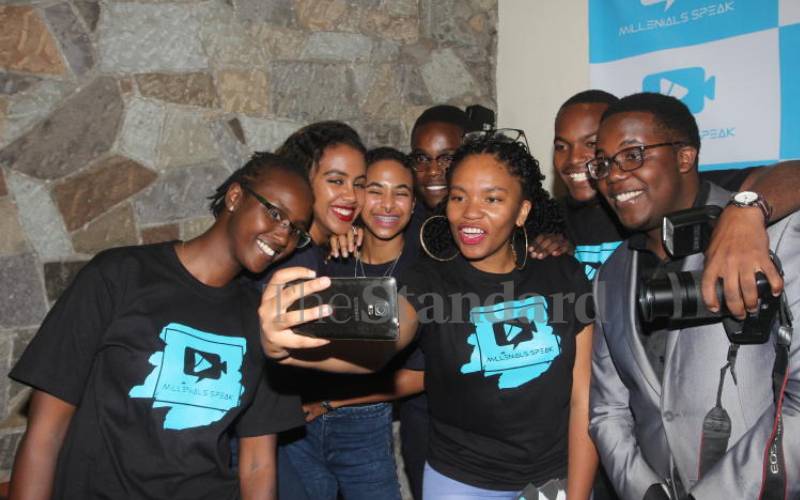×
The Standard e-Paper
Smart Minds Choose Us

What do they want? That might be the question on many employers minds regarding the Millennials and Generation Z dominating the workplace.
Dubbed digital natives, these generations (born between 1981 and 1996) came of age alongside online platforms and phones, and are believed to make up half of the world’s working population.







